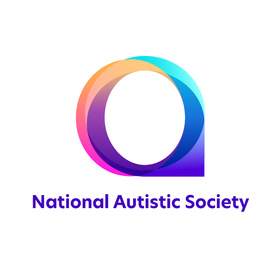BadFish
Huge Member
- Oct 19, 2003
- 19,427
- Thread starter
- #41
An excellent post and my experiences too.I'm sure he will.
A lot of parents will get very defensive about their autistic kids' behaviour.
I've done it myself, several times.
As autism is a spectrum disorder, it is often not easy to establish whether the child has challenges or not.
My son presents as neuro-typical, so was often considered to be a spoilt brat, or me a bad parent when he was having a meltdown in public.
To a certain extent, many of the triggers for an autistic meltdown are similar to spoilt brat behaviour.
However the challenge is, that an autistic meltdown, isn't something which can be managed in the same way as a neuro-typical child.
The sensory overload that occurs to them, is all consuming, it isn't something you can just snap them out of or prevent by being authorative with them.
It took me years to be able to accept that I had to let it just run it's course.
In reality the meltdown had been building for several hours and I was not aware of it.
Charlie became better at being able to tell me that his anxiety was becoming an issue, before the meltdown was triggered.
That was after several years in a special school, where professionals had been working with him and helping him understand his condition.
I agree that Autism can be used as an excuse for poor behaviour/parenting, but I'd be careful about rushing to judgement.

